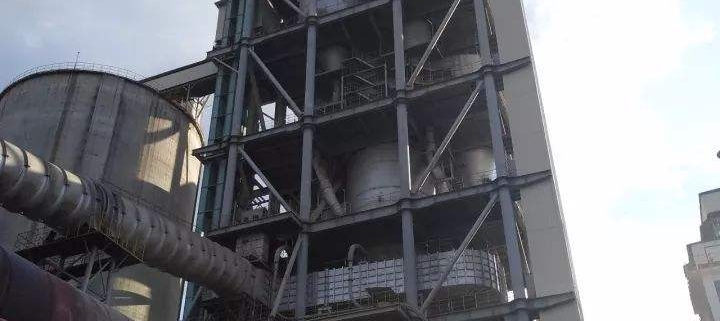First. Corrosion of air preheater
Air preheater corrosion and ash plugging are mutually reinforcing processes. When the air preheater is corroded, the surface finish of the heated element is seriously deteriorated, making ash more easily adhered to the heated element, which increases the possibility of the air preheater blocking ash. When the air preheater is corroded, the temperature of the primary and secondary air at the outlet of the air preheater under the same load will decrease due to the smaller heat exchange area, and the exhaust temperature will increase.
Second. the cause analysis of air preheater corrosion
1. The flue gas contains water vapor and SO3
During the combustion process, the sulfur in the main fuel coal is mainly converted into SO2 and SO3. Among them, SO3 reacts with the water vapor in the flue gas to generate sulfuric acid vapor. The dew point of sulfuric acid vapor is much higher than that of flue gas, so sulfuric acid vapor easily condenses on the low-temperature heating surface below the dew point of the flue gas, causing low-temperature corrosion;
2. The temperature of the cold end wall of the air preheater is low
In cold weather, the integrated temperature of the cold end of the air preheater is lowered, and the temperature of the wall of the heated element at the cold end is not only lower than the dew point of sulfuric acid vapor, but also lower than the dew point of water vapor in the flue gas. A large amount of water vapor and dilute sulfuric acid liquid condense on the heating element of the cold end of the air preheater, causing low temperature corrosion;
Third. The harm of corrosion to the air preheater
Corrosion of the heat storage element of the air preheater will greatly affect the heat transfer effect of the air preheater and reduce the economic operation of the boiler.



